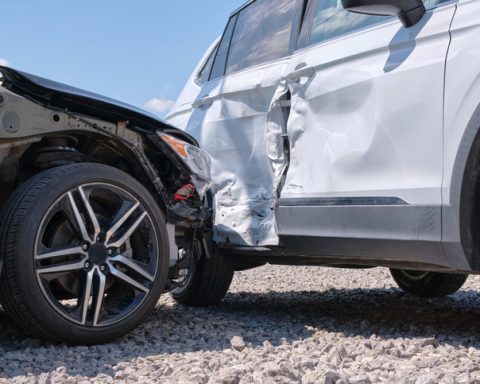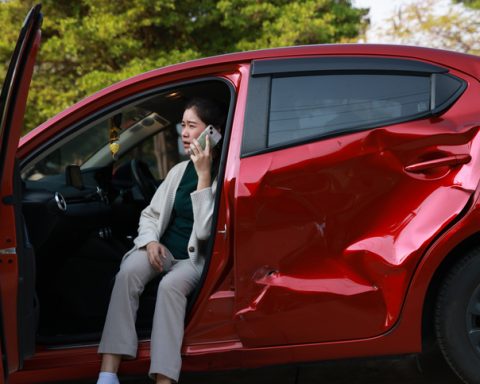Truck accidents aren’t just bigger versions of car accidents—they’re legal minefields. Especially in Texas, where sprawling highways and massive freight traffic meet intricate state and federal regulations. If you’re involved in a truck accident here, don’t expect a simple process. The legal system treats these cases with a very different lens—and if you don’t understand why, you could be blindsided.
Texas Is a Hub for Commercial Trucking
With major freight corridors like Interstate 10, I-45, and U.S. Route 59, Texas sees more truck traffic than nearly any other state. According to the Texas Department of Transportation (TxDOT), large trucks were involved in over 38,000 crashes in 2023 alone, resulting in nearly 700 fatalities.
These aren’t minor incidents. Given the size and speed of 18-wheelers, most collisions result in catastrophic injuries—or worse. But what makes the legal aftermath so different from standard car accidents?
1. Multiple Parties May Be Liable
In a typical car accident, fault usually boils down to one or two drivers. But truck crashes can involve:
- The driver
- The trucking company
- The cargo loader
- A third-party maintenance provider
- The manufacturer of a faulty part
Each party may deny responsibility, pointing fingers and delaying settlement. Proving liability requires a deep investigation, including subpoenaing driver logs, maintenance records, and black box data (ELD data), which most victims don’t even know exists. Learn more about how these black boxes work from the Federal Motor Carrier Safety Administration (FMCSA).
2. Texas Follows Modified Comparative Fault
Texas law follows a 51% modified comparative negligence rule. That means if you’re found to be more than 50% at fault for the accident, you cannot recover damages. Even if you’re only 30% at fault, your compensation is reduced by that percentage.
This opens the door for insurance companies to aggressively argue that you share the blame, potentially cutting your award drastically. A single misstatement to an insurance adjuster can cost you thousands.
3. Higher Insurance Coverage Means Higher Legal Stakes
Under federal law, trucking companies must carry a minimum of $750,000 in liability coverage—and often much more depending on what’s being transported.
That much money on the line means insurers will fight harder, using teams of lawyers to dispute injury claims, shift liability, or deny payouts altogether. Don’t expect them to play fair—especially if you’re unrepresented.
4. Federal and State Regulations Overlap
Truck drivers and carriers must comply with both Texas laws and federal regulations from the FMCSA. This includes:
- Hours-of-service rules
- Alcohol and drug testing
- Vehicle inspection schedules
- Weight restrictions
Violations of these standards can serve as evidence of negligence. But uncovering violations isn’t simple—it often requires formal discovery requests or court orders.
5. Evidence Disappears Fast
Unlike car accidents where police reports and photos suffice, truck crashes demand preservation of:
- Electronic logging device (ELD) data
- Driver qualification files
- Dispatch records
- Surveillance footage
And here’s the kicker: companies are only required to keep some of this data for as little as six months. If you don’t act quickly, you risk losing critical evidence.
Why Legal Representation Matters
Because of the legal complexity and high financial stakes, truck accident victims in Texas—especially in fast-growing suburbs like Katy—should never attempt to handle a case alone. Insurance companies are counting on your lack of knowledge.
If you’ve been injured in a truck crash near Katy, a seasoned truck accident attorney in Katy can help you navigate the legal challenges, preserve crucial evidence, and hold all responsible parties accountable.
Final Thoughts
Truck accidents in Texas are governed by a tangled web of state and federal rules, involve multiple parties, and carry the risk of massive damages. That’s why they’re legally complex—and why you need to approach them differently than a fender bender.
If you or a loved one has been injured in a crash involving a large commercial vehicle, don’t wait. Your claim’s success may depend on what happens in the first few days after the accident.






